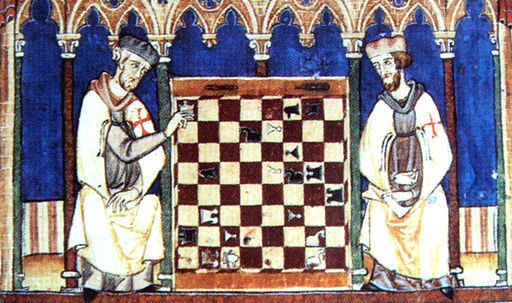Fitting in the weekly timetables of a moderately big or complex school is not an easy task. This is well known to those who have faced sometimes this problem and, to a greater extent, to those who have the responsibility to make so every year; a real puzzle has to be solved. But if it is difficult to find a solution that meets the minimum requirements, finding the best solution seems like an impossible task. And this is precisely the question we ask: Is it possible to make perfect timetables?
Clearly, and unfortunately, we must say that the perfect timetable is impossible and there are several reasons to affirm it. The first and most obvious is that any model for expressing what is sought will have imperfections. Indeed, the mathematical model through which a weight function is calculated to obtain the optimum timetable and its application to the elements included in the timetable: students, teachers, class units, etc., will always be an approximation to reality which, at best, will be estimated precisely corresponding to what is sought.
The second reason, and this is not so obvious, is that the set of solutions is so high that exhaustive searching is impossible, even for the fastest computer in the world.
Do you remember the paradox of the legend of the inventor of chess?
According to legend, a Persian king, who liked the game of chess, commanded to call his inventor to reward him for his ingenuity. The king recklessly told him to ask for whatever he wanted and the inventor answered: I settle for 1 grain of wheat for the first square of the board, 2 for the second, 4 for the third, 8 for the fourth and so on up to the 64 square of the board. That is the sum of the series 1+2+4+8… until completing 64 terms in geometric progression. The king thought that what he was asking for was a trifle and ordered to prepare the prize requested but doing the calculations they realized that it was impossible to fulfill the order, because the sum of the grains of the 64 boxes was nothing less than the amount of 36,893,488,147,419,103,231 grains. If in each Kilogram of wheat approximately 25,000 grains fit, then the result would be about 1,475,739,525,896 tons. If the largest freighter could hold up to 186,000 net tons, it would take about 8 million huge freighters to transport all the wheat. More than 1000 times the annual world production of wheat.

This paradox also occurs with the problem of making academic timetables; it seems that it would be relatively easy to try all possible solutions with a computer but, in fact, it is impossible. The point is that the number of combinations grows exponentially and it would take years of calculation, even with the most powerful computer, to go through them all. The processes that solve this puzzle are studied through a mathematical and computational discipline that tries to give the best possible solution, in reasonable times, to excessively complex problems.
The Peñalara GHC Timetable Generator for Educational Institutions uses a software capable of finding solutions and making them optimal in an extraordinarily effective way in short enough periods of time even in the most complicated cases. The good news is that this type of intractable problems through exhaustive search processes can be solved to a large extent using intelligent algorithms. Finally, we can state with great satisfaction and relief for those who have the responsibility of making the timetables each course, that the ‘perfect’ timetables, in practice, are possible.


Thanks very nice blog!
Very good blog post. I certainly appreciate this site.
Thanks!